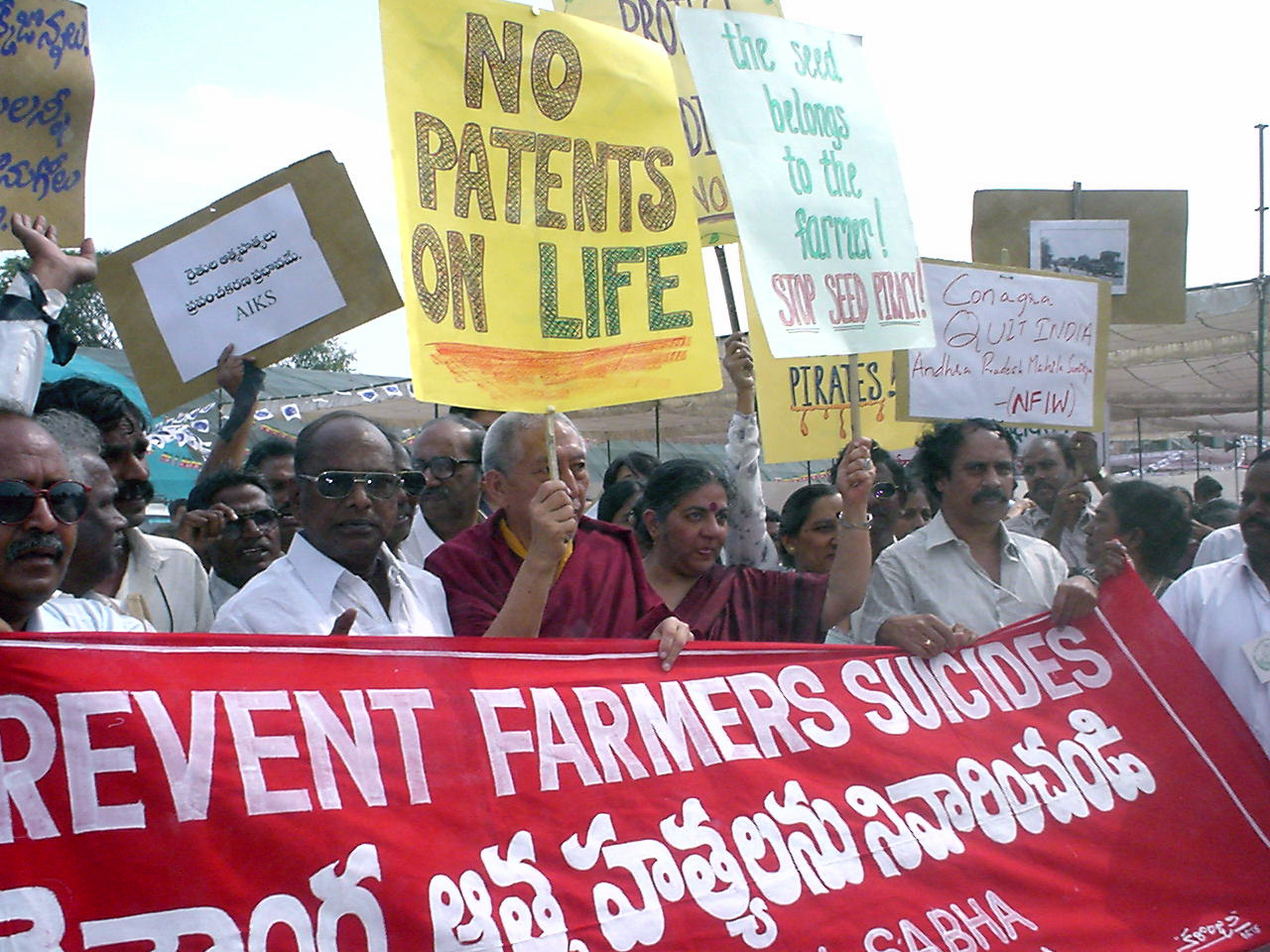India-EU FTA gets flak in Europe
15 February 2010
India-EU FTA gets flak in Europe
Priyanka Golikeri / DNA
Mumbai: Intellectual property (IP) in trade agreements could endanger the poor man’s access to affordable medicines, according to a veteran member of the European Parliament.
David Martin, a Scottish Labour Party member of the European Parliament has expressed concern over data exclusivity — a key IP provision, which is a part of the free-trade agreement (FTA) being negotiated by India and EU.
This provision can delay entry of generic medicines to the market and could have repercussions not just for India, but also those countries to which India supplies generics, said Martin.
In 2008-09, according to data from the ministry of commerce and industry, India exported pharma products worth Rs 39,538 crore, with African countries being major importers.
International humanitarian aid organisations like Medecins Sans Frontieres buy more than 80% of their requirement for AIDS drugs, and 25% of drugs for malaria, TB, and antibiotics from India, said Leena Menghaney, project manager, India, Campaign for Access to Essential Medicines.
Moreover, approximately 50% of essential medicines that Unicef distributes in developing countries come from India, while 75-80% of medicines distributed by International Dispensary Association are made in India.
Martin is the chairman of the European parliament’s working group on innovation, access to medicines and poverty related diseases and the group plans to call on the EU to not push for provisions like data exclusivity and patent extension in bilateral talks that can impact generics and which go beyond what is mandated by the trade related aspects of intellectual property rights (Trips) agreement of the World Trade Organisation, which India is a signatory to.
While Article 10 of the draft FTA would impose on India the obligation to grant data exclusivity, Article 9.3 would compel India to extend the monopoly accorded by a patent for up to 5 more years (in addition to the current 20), to compensate for the time required to get the marketing approval for a medicinal product.
Data exclusivity refers to a certain period of time during which the drug regulator cannot rely on innovator company’s clinical trials data to register a generic drug and implies that generic drugmakers would have to conduct all the clinical trials before registering the generic drug.
Amit Sengupta, general secretary of All-India People Science Network, said it is not in developing countries’ interests to go beyond Trips. “In bilateral negotiations, developed economies ask for all that they could not get through Trips.”
According to B K Keayla, convenor, National Working Group on Patent Laws, and trustee, Centre for Study of Global Trade System & Development, there should be no space whatsoever for IP in trade talks. “FTAs should be only for trade in goods and not involve IP issues.”






